18 May 2021 - {{hitsCtrl.values.hits}}
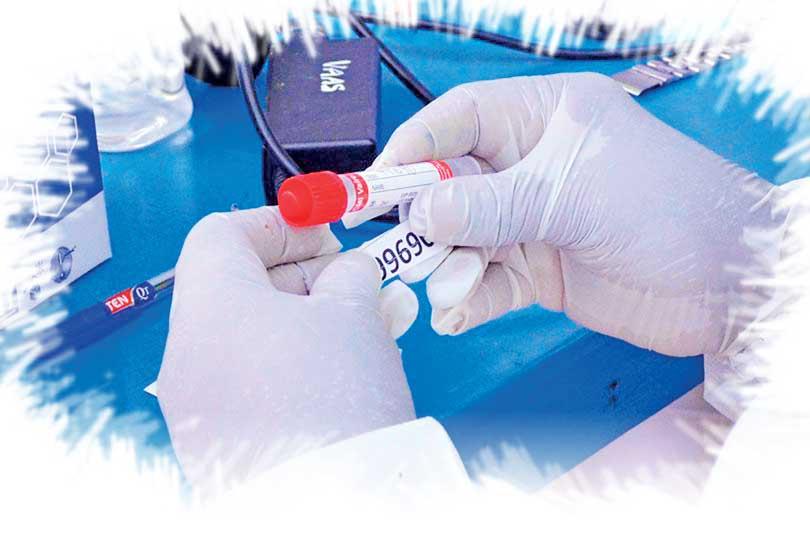 It takes around four days for a person who did a PCR test to receive results as it has to go through different authorities
It takes around four days for a person who did a PCR test to receive results as it has to go through different authorities
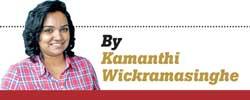 The Institute of Health Metrics and Evaluations (IHME), an independent global research Centre at the University of Washington recently predicted that as many as 20,876 COVID-19 deaths will be reported from Sri Lanka by September 2021. This is a tenfold increase when considering at figures that are being reported. However, the Government has affirmed that it would take steps to avoid these grave predictions. But in reality, the entire healthcare system is now overwhelmed with the number of cases testing positive, facilities required for non-COVID patients, number of deaths and other administrative issues. Frontline workers warn that existing delays, for example delays in issuing PCR results is a challenge in controlling the spread of the virus.
The Institute of Health Metrics and Evaluations (IHME), an independent global research Centre at the University of Washington recently predicted that as many as 20,876 COVID-19 deaths will be reported from Sri Lanka by September 2021. This is a tenfold increase when considering at figures that are being reported. However, the Government has affirmed that it would take steps to avoid these grave predictions. But in reality, the entire healthcare system is now overwhelmed with the number of cases testing positive, facilities required for non-COVID patients, number of deaths and other administrative issues. Frontline workers warn that existing delays, for example delays in issuing PCR results is a challenge in controlling the spread of the virus.
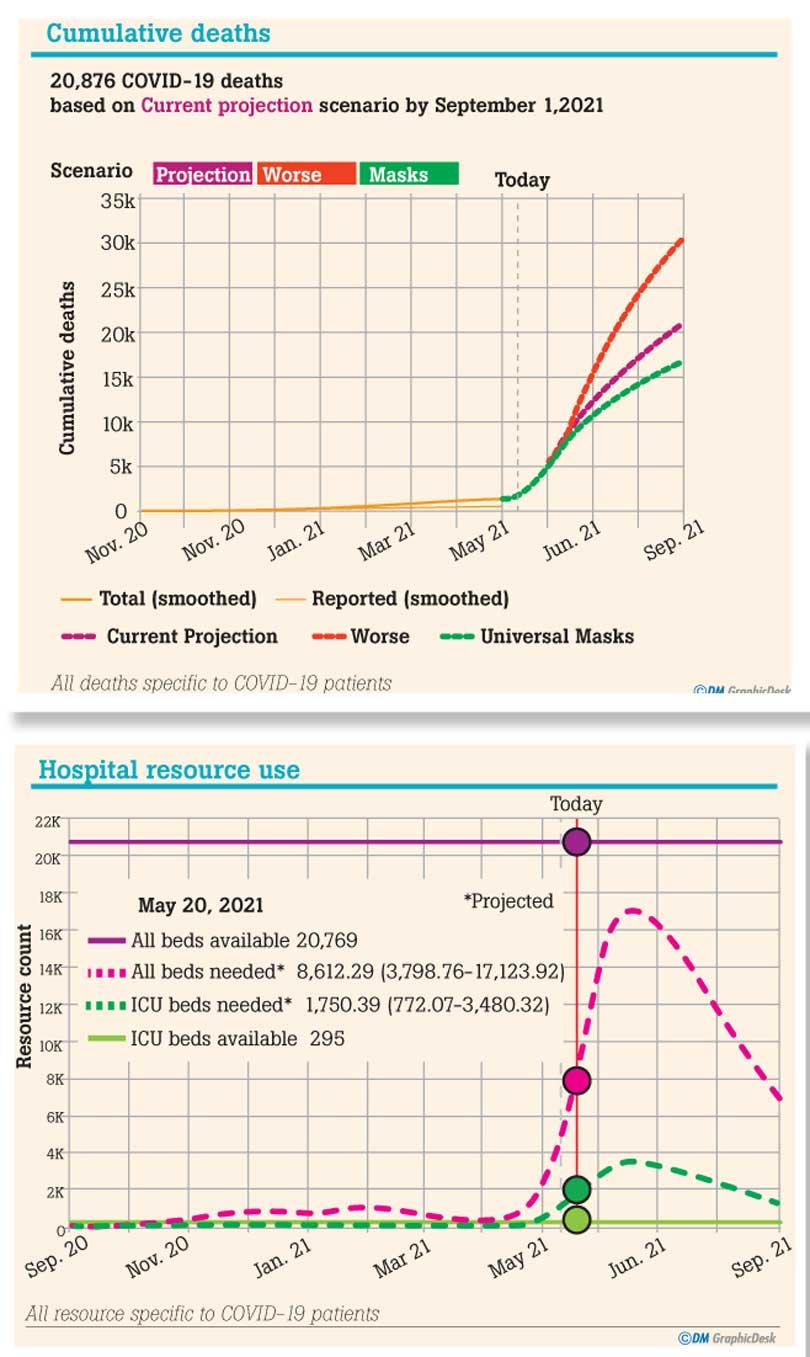
Administrative issues making a negative impact
“With delays in issuing PCR results there’s a challenge in controlling the spread of the virus,” warned Public Health Inspectors Union President Upul Rohana. “In some districts people haven’t received results even after 10 days. Therefore they wouldn’t know if they have contracted the virus and while at home their immediate contacts are also at a risk. Another challenge is that Hospital capacity is at a maximum as priority has been given to patients with chronic diseases. Children, pregnant women and elderly have been categorised as vulnerable groups. Many hospitals in Western Province, Wayamba Province, Kurunegala, Kegalle and Hambantota Districts are experiencing a similar plight.”
“An infected person will not know his condition until he receives his result. But by this time he may have been exposed to a larger group of people and tracing these immediate contacts will also be a challenge. What is needed is to isolate infected persons from the society as soon as possible. It takes around eight hours to conduct a PCR test and only three laboratories are functioning at full capacity. Certain administrative issues have made a negative impact on the overall process, but the immediate need is to prioritize people’s lives and keep any agendas aside,” he advised.
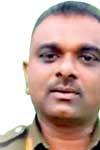
In some districts people haven’t received results even after 10 days. Therefore they wouldn’t know if they have contracted the virus and while at home their immediate contacts are also at a risk
Upul Rohana
Existing Vs. Actual capacity
“As many as 15,000 PCR results are yet to be issued and there’s a plan to reduce testing capacity,” opined Association of Laboratory Technologists President Ravi Kumudesh. “We need data to do forecasting, but there’s no way to get random, active and passive samples. This data is needed to observe the direction in which the virus is spreading. In order to get results without a delay laboratories need to function round the clock. The Medical Research Institute (MRI) for instance has three laboratories, but right now they are only doing 2000 tests per day when they have the capacity to do around 12,000 tests. The laboratory at Bandaranaike International Airport is conducting around 5000 tests per day.”
“On the other hand PCR testing kits should have high sensitivity in order to reduce repeatability. Our PCR testing kits have low sensitivity. It takes around eight hours to conduct PCR test manually. There are no reagents for extraction machines and as a result around 12 machines are not in use. With an automated machine an extraction only takes 20 minutes, but now it takes three hours. On the other hand it takes around four days for the person who did the PCR test to receive results as it has to go through different authorities. Therefore a Laboratory Information Management System (LIMS) need to be in place,” he added.
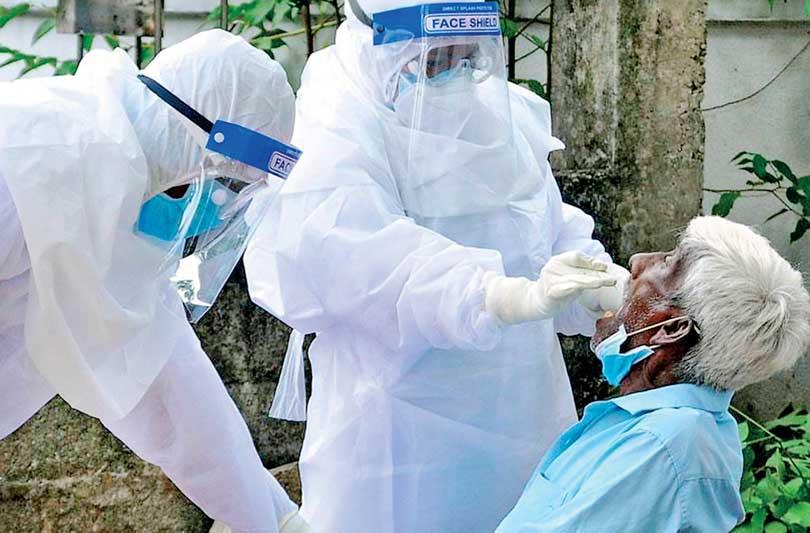
Kumudesh further believes that by having a centralised laboratory system the capacity of PCR tests could be doubled. “By setting up Point of Care units for PCR and Rapid Antigen Tests at the 71 base hospitals and selected district hospitals more PCR testing could be done. The centralised laboratory could be used to obtain samples of COVID positive patients. This way they can even increase PCR testing capacity to around 75,000. Laboratory management specialists should be given the chance to put their expertise into good use. A US research Centre recently predicted that Sri Lanka has around 10 times more patients than the number that is being reported. As such we need a proper scientific surveillance system to get an idea of the actual situation,” he said.
Speaking about Human Resources Kumudesh said that around 300 graduates who have completed degrees in Medical Laboratory Sciences are awaiting employment. “They could be recruited at each of the laboratories. But there exists several issues with existing monopoly,” he added.
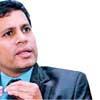 In order to get results without a delay laboratories need to function round the clock. The Medical Research Institute (MRI) for instance has three laboratories, but right now they are only doing 2000 tests per day when they have the capacity to do around 12,000 tests
In order to get results without a delay laboratories need to function round the clock. The Medical Research Institute (MRI) for instance has three laboratories, but right now they are only doing 2000 tests per day when they have the capacity to do around 12,000 tests
Ravi Kumudesh
Costly process and limited capacity
However, State Minister of Primary Healthcare, Epidemics and COVID Disease Control Dr. Sudarshini Fernandopulle said that the backlog has been cleared to a greater extent. “Even if we get 35,000-45,000 samples we can only process around 20,000-25,000 samples. A PCR test also costs around Rs. 6000 and the cost of conducting PCR tests is around Rs. 150 million per day. We are in the process of developing an algorithm to decide on whom we should be conducting Rapid Antigen Tests. The peripheral staff maybe doing PCR tests on any and all people and this could even lead to a waste of resources.” said Dr. Fernandopulle.
“people in high risk areas and vulnerable groups have been given priority when it comes to hospital admissions.” she said.
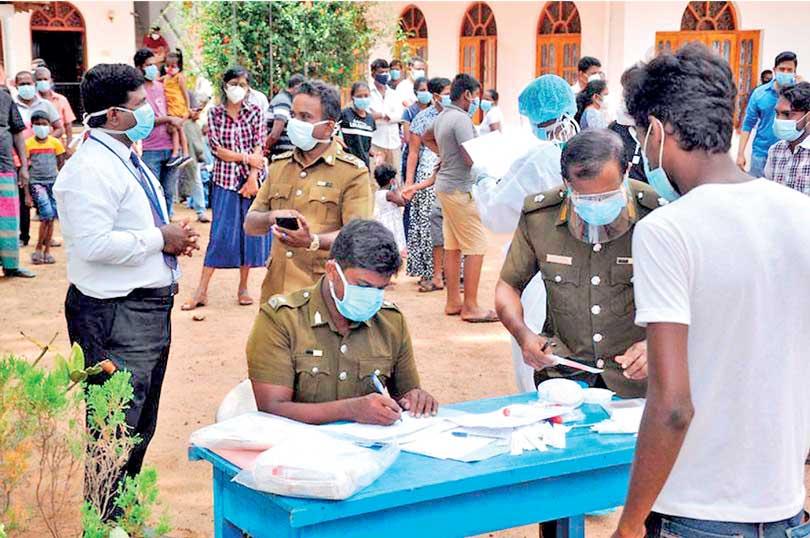
Public Health Inspectors attending to duties at this crucial hour
Dr. Fernandopulle also said that there’s a challenge for healthcare workers with the increasing number of cases. “It’s not like we can recruit doctors and nurses overnight because it takes a particular duration for healthcare workers in various categories to be qualified to do consultations. We can’t get retired medical professionals as well. Therefore the focus right now is prevention and for that we need people’s support.” she added.
Several attempts to contact MRI Director Dr. P.V.N.P Amarasinghe to inquire about PCR testing capacities at MRI laboratories proved futile.
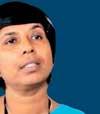
Even if we get 35,000-45,000 samples we can only process around 20,000-25,000 samples
Dr. Sudarshini Fernandopulle
25 Dec 2024 41 minute ago
24 Dec 2024 24 Dec 2024
24 Dec 2024 24 Dec 2024
24 Dec 2024 24 Dec 2024
24 Dec 2024 24 Dec 2024